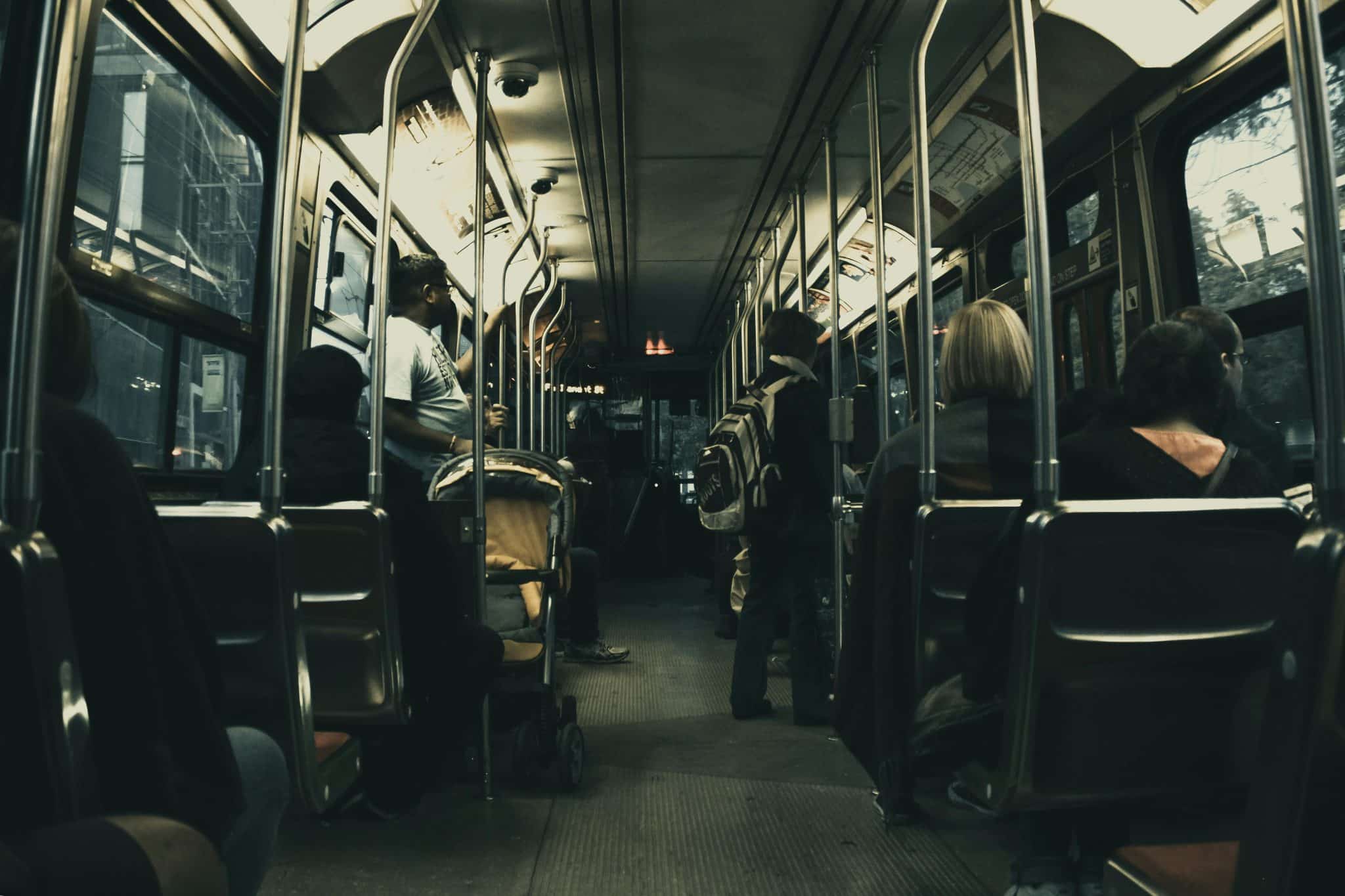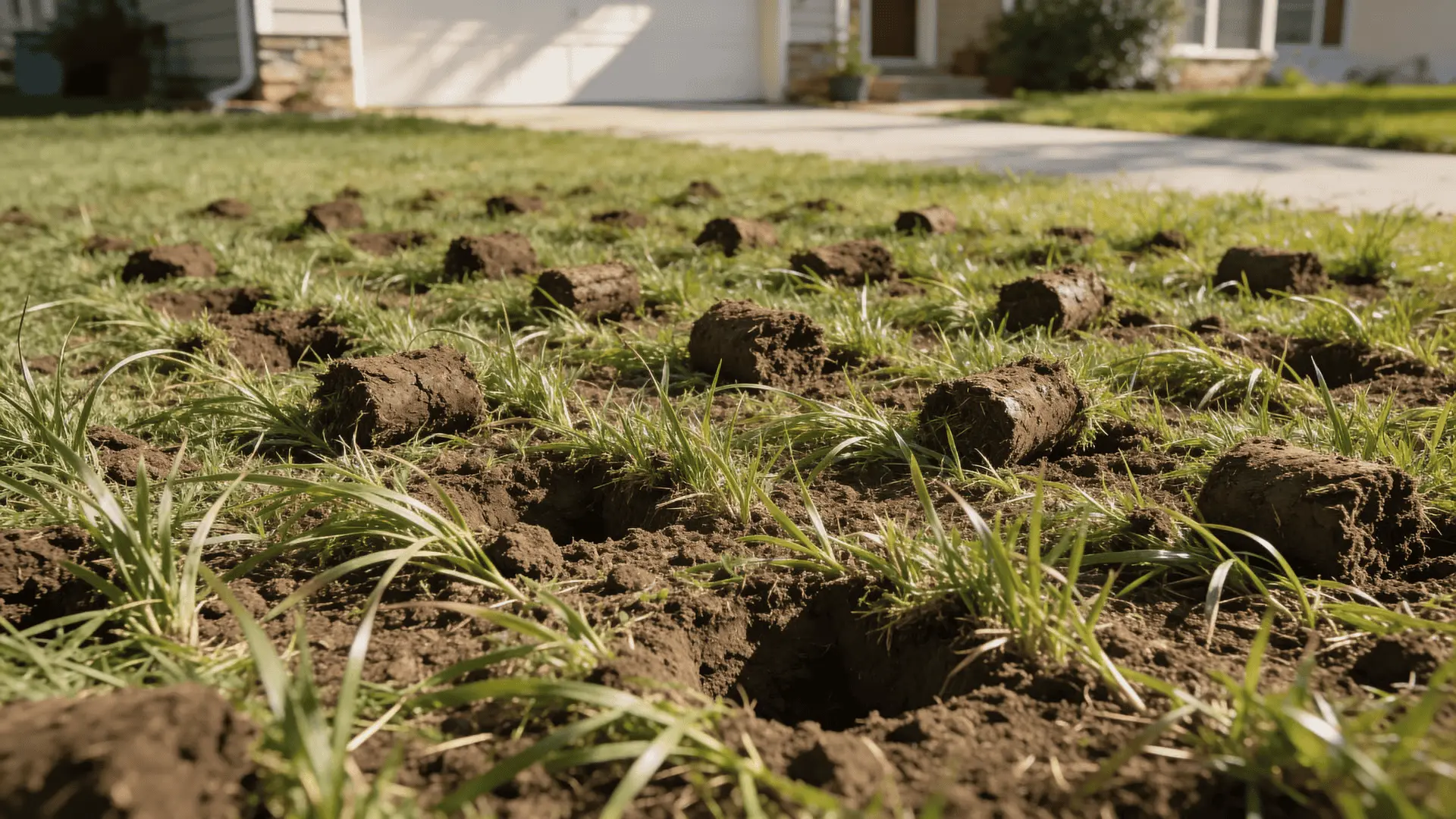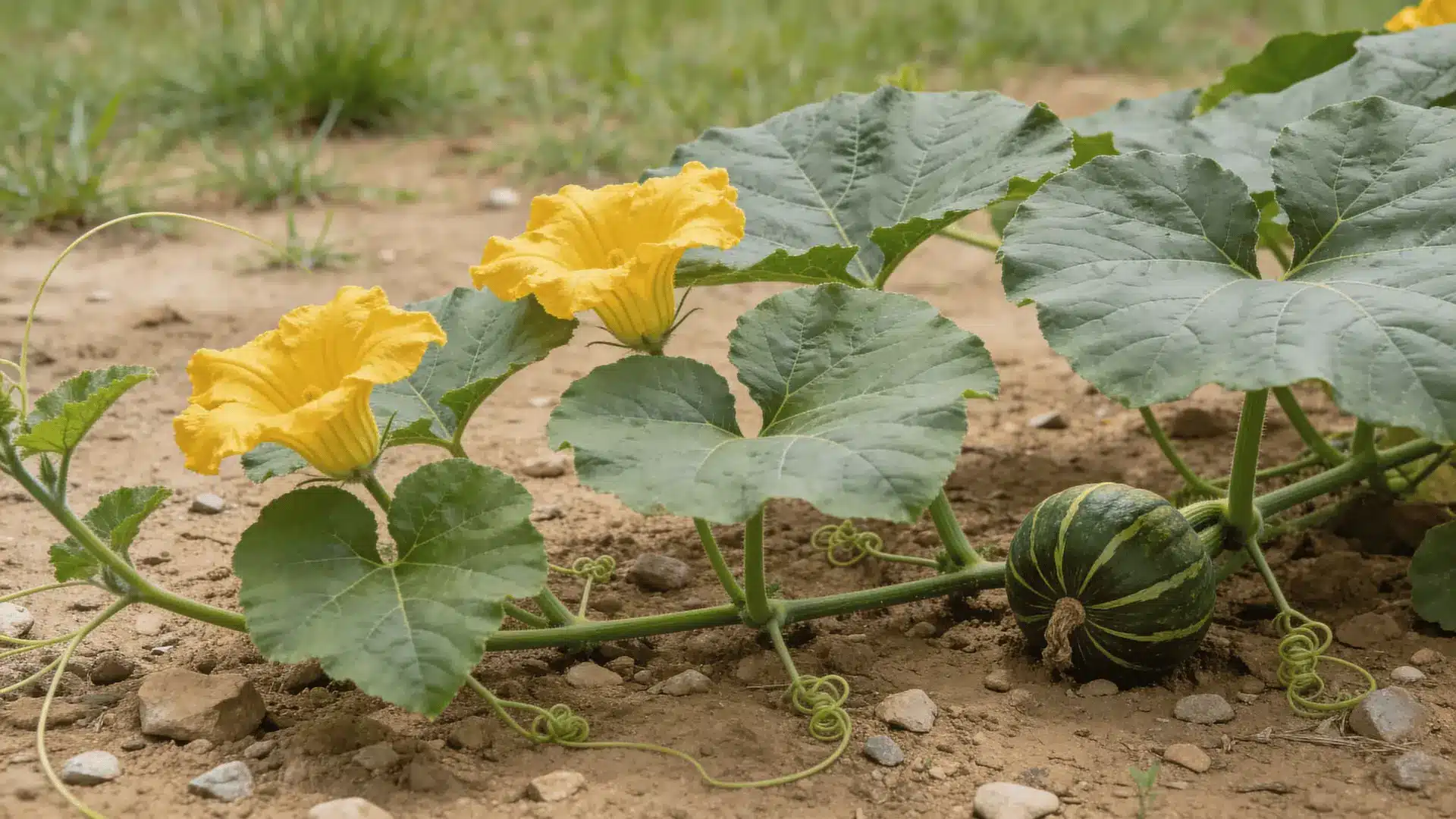Booking a run to the pokies out in regional Australia? Good call. Save this checklist, share your own tips at the end, and before the engine’s warm, have a quick squiz at pokies online Australian for a backup plan if the road gets long or the night gets late.
Cash or card on the road: a practical take
Cards and phones do the heavy lifting these days. The Reserve Bank reports that device-present payments are dominated by contactless cards and mobile wallets, with card-insert a tiny slice. Translation: if the terminal’s alive, a tap will do.
Cash still has a job, particularly away from the big smoke. The RBA’s latest cash-access mapping shows the distance to withdrawal points stretches as you move from inner-regional to remote areas—95% of people in inner-regional areas live within about 8 km of cash access, outer-regional about 16 km; remote jumps a lot higher. Carrying a small float avoids a late detour to chase an ATM.
Here’s a quick table to help pick your payment on the fly. Read it once now; thank yourself at midnight later.
Payment choice cheat sheet (regional trips)
|
Scenario |
Card / Mobile |
Cash |
Notes |
|---|---|---|---|
|
Pub counter, servo, motel reception |
Usually fine to tap |
Handy if terminal is down |
Contactless is standard across Australia by number, but terminals do drop during outages. |
|
Local taxi |
Often accepts cards, sometimes surcharge |
Often faster at taxi ranks |
After midnight, a driver with weak coverage might prefer notes. Check first. |
|
Small town café or roadhouse |
Often tap-friendly |
Useful backup |
Some small operators still go “cash only” during EFTPOS downtime. |
|
Community club raffles, tips |
Rarely set up for cards |
Small notes are king |
Keeps things moving; no awkward “sorry, no tap”. |
|
ATMs en route |
n/a |
Source of last resort |
In more remote stretches, the next ATM could be tens of kilometres away. |
Got PayID on your banking app? It’s brilliant for splitting fuel or rooms without playing pass-the-card. Just remember the basics: communications won’t come “from PayID”; they’ll come from your bank. Treat any “set up PayID now to release funds” message as a scam and bin it. AP+ campaigns and consumer groups have hammered this advice for good reason.
Late-night transport without the headache

Regional nights run on different rhythms. Buses thin out, trains clock off, taxis ebb and flow with pub closing, and rideshare can be patchy. Plan the trip home first. Before you leave, check late-night options and note station lighting, CCTV zones and stop layouts as per Transport NSW guidance; if you’re in town, ask the venue for the nearest well-lit stop. After midnight, stick to staffed or secure taxi ranks — Queensland runs marshalled ranks and the same logic holds elsewhere: choose busy, signed ranks. If you’re staying outside town, pre-book a ride; a motel 12 km out is an easy hop at 7 pm and a ghost at 1 am. If no one wants to drive back, book a room near the action instead of guessing. Keep the phone charged — no battery means no ride, no maps, no tap — and carry a power bank and cable. The ACCC has flagged dodgy power banks, so buy from known retailers and ditch anything suspect.
Picking a safe bed: what to look for in regional stays
A clean room is nice. A safe one wins. Focus on the boring stuff that matters at 1 am.
Look for motels or serviced apartments with after-hours check-in, bright parking, cameras facing entries, and rooms that lock with a deadbolt. When you’re shown to a ground-floor room right by the car park, ask for the spot with the clearest sightline to reception or go upstairs if mobility allows. Victoria Police’s public safety guidance backs the simple moves—stay alert in public spaces, keep valuables tight, and pick well-lit routes in and out.
Work health and safety resources aimed at accommodation operators also hint at what a “switched-on” property looks like: clear evacuation routes, maintained lighting, and staff trained to handle the late shift safely. As a guest, you can read those cues in seconds—signage, exits, and the way reception handles after-hours calls.
Before you scroll past, here’s a compact checklist to run at check-in and before lights-out. It’s short by design; use it like a pilot’s pre-flight.
- Exits and lighting: find the two closest exits, scan the corridor lighting, and check the external path to the car.
- Locks: test the deadbolt or chain; on sliding doors, check the secondary lock.
- Reception after hours: save the number; ask how after-hours help works.
- Parking position: park under a light and within view of a camera if you can.
- Valuables: keep them out of sight in the car; use an in-room safe if provided.
It takes one minute. Easy to skip. Easier to regret.
A good casino to fold into the plan

If the taxi queue looks like Boxing Day, head to bed and spin online instead of driving tired. Lucky Green Casino fits the bill for Aussies who want straightforward promos and familiar titles. Think of a five-deposit welcome package with examples like 150% up to 1,000 AUD plus free spins on the first deposit, followed by match bonuses across the next four—clear numbers, no song and dance. Wagering typically sits around x45 on slots, so pick the bonus you’ll actually use and track it.
Games cover local favourites: Aristocrat staples like 5 Dragons, Where’s The Gold, Lucky 88; Playson with Buffalo Power and Lion Gems: Hold and Win; NetEnt’s Aloha! Cluster Pays; plus progressive picks like Mega Moolah. If you want a breather from reels, there are tables and live rooms too. Payments play nice with Australia: Visa, MasterCard, PayID, Apple Pay, Google Pay. Withdrawals aim for within 48 hours, which is handy when you’ve got work on Monday. Limit tools are there—set them before you start and stick to your plan.
Timing, distances and a quiet reality check
One last planning nudge. Those RBA distance figures aren’t scare tactics; they’re a reminder that regional trips stretch. Your next ATM could be 16 km away in outer-regional areas, and way more if you’ve pushed into remote country. Pack cash with intent, not in fistfuls, and keep a card as the primary. On the return leg, ride-share coverage might dip; that’s not a drama if you booked the bed and scoped a taxi rank earlier.
FAQs
Is cash or card better for regional casino trips in Australia?
Use cards and mobile wallets for speed and tracking; keep a modest cash float for outages, taxi ranks, raffles and the odd “cash only” moment. National stats show tap payments dominate where terminals are available, but cash access spreads out with remoteness, so a backup stash makes sense.
How much cash should go in the wallet?
Think small, practical amounts—enough for a late-night taxi, a café breakfast, and a fallback if EFTPOS dies. Distances to ATMs jump in regional areas, so don’t assume an easy top-up after hours.
Any simple late-night safety rules?
Stick to well-lit areas, choose staffed or designated taxi ranks where they operate, pre-book rides if you’re staying out of town, and keep your phone charged. State transport safety pages and secure-rank programs exist for a reason—use them.
What makes an accommodation pick “safe” for this kind of trip?
Clear exits and lighting, cameras covering entries, responsive after-hours reception, solid door locks, and sensible parking. These line up with common police and safety guidance—simple measures that matter when you come back late.








